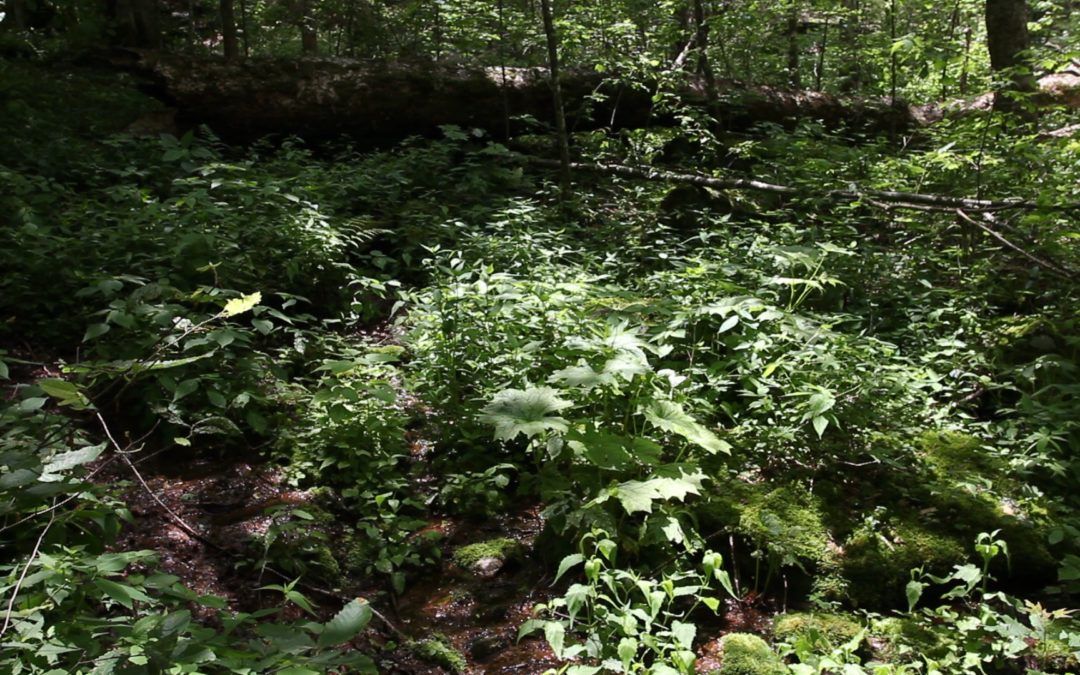Many Tar Heel State landowners are enrolled in the forestry present-use valuation (PUV) programs. But that can pose conflicts for landowners who don’t want to be tied to commercial forestry constraints on their land.
For those landowners, the State of North Carolina provides another option — property tax benefits for landowners with rare wildlife species and rare habitats on their lands. This initiative, called the Wildlife Conservation Land Program (WCLP), can provide a win-win situation for landowners and wildlife.
Market Value Versus PUV
Tax assessors typically assess properties not enrolled in PUV at market value. In this assessment of your land, highest and best use determines market values. Often this means the tax assessor has valued your forest land based on residential or commercial development. This means a valuation of thousands of dollars per acre. Rural valuations can range from $2000 an acre to over $10,000 an acre, more or less.
On the other hand, tax assessors will assess any land enrolled in WCLP at a PUV rate. Compared to market rates, such assessments can reduce the assessed value by more than 75%. The difference in value provides significant savings for landowners who qualify.
Qualifying Habitats and Species
You might own land with a stream or creek. These riparian areas are priority habitats for wildlife. In addition, they provide clean water for wildlife and people, if kept pristine. Buffer zones around these riparian areas will help maintain or enhance the waters of North Carolina. In addition, they are one step towards qualifying your land for WCLP and reduced property taxes.
Other rare habitats that qualify for WCLP include Longleaf pine forests, early-successional habitats, bat caves, small wetlands, and rock outcrops. These habitats and buffers around them must be at least twenty contiguous acres to qualify. If you own 140 acres, for example, 50 acres may be streamside buffer zones or rock outcrops.
In addition to rare habitats, rare wildlife species living on your land can also qualify you for WCLP. Dozens of rare species are imperiled in North Carolina and you could help them to recover, while benefiting financially with reduced property taxes.
Wildlife Habitat Conservation Agreement
In order to receive this tax benefit, your county assessors must approve the application. Part of this application is a Wildlife Habitat Conservation Agreement. This is an agreement between a landowner and the NC Wildlife Resources Commission. Steps to protect the habitat or wildlife species are included in the agreement. For riparian zones, this can mean letting the forest grow naturally. For longleaf pine forests, this can mean prescribed burning or planting. Funding is available through various state and national programs for active management of wildlife habitat. A good example of this is Wildlife Habitat Incentives Program.
Once approved, the tax assessor will reassess your lands. The program will benefit wildlife. And you will be rewarded with lower property taxes. This is a one-time application that can provide these benefits for your lifetime and beyond.
